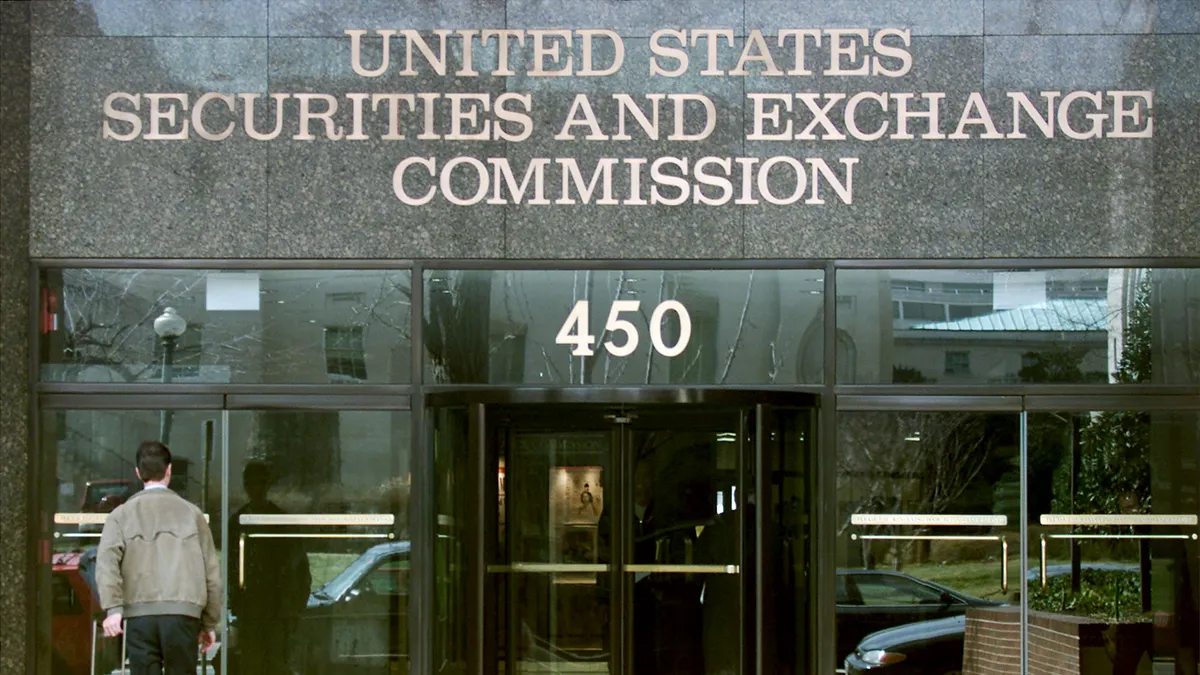Sports promoter Ultimate Fighting Championship agreed to pay $335 million to settle long-standing allegations that it suppressed the compensation of mixed martial arts fighters and prevented them from competing in the live MMA market, according to a March 13 statement TKO Holdings, UFC’s parent company, submitted to the Securities and Exchange Commission.
The agreement, which must be approved by a court, resolves litigation that began in 2014 and 2015, when a group of MMA fighters filed a class-action suit against the UFC, according to the notice.
Per the December 2015 amended complaint in Le v. Zuffa LLC, the fighters alleged that UFC engages in an “overarching anticompetitive scheme” to maintain a monopoly in the market for promoting live MMA events. As a result, UFC has allegedly been expropriating the fighters’ identities and artificially suppressing their wages, the complaint said.
A similar class-action suit, Johnson v. Zuffa LLC, was filed in 2021.
“With some 90% of the market, [UFC] has used its dominant position to extract one-sided concessions from the fighters,” including allegedly preventing competition for their services, locking them into long-term, “exploitative” contracts and paying them a “mere fraction of what athletes make in similar sports,” the Joseph Saveri Law Firm, co-lead counsel for the plaintiffs, stated in a recent post.
The lawsuits sought to recover money for about 1,200 current and former MMA fighters, the plaintiffs’ class-action website said.
In a prepared statement, UFC said it was “pleased to have reached an agreement to settle all claims asserted in both the Le and Johnson class action lawsuits, bringing litigation to a close and benefiting all parties,” according to a Courthouse News Service report. The payments will be made in installments, with terms yet to be disclosed, TKO’s notice to the SEC said.
The plaintiffs alleged that UFC’s actions violate Section 2 of the Sherman Antitrust Act, which “sets the guard rails for competition in the U.S.,” an antitrust attorney previously explained to HR Dive.
Essentially, the law prohibits price fixing, wage fixing and monopolization and requires organizations to act independently when competing for business or employees, the attorney said. Antitrust issues are a concern for HR practitioners because the U.S. Department of Justice and the Federal Trade Commission are focused on antitrust enforcement, the attorney added.
For example, last September, a federal grand jury in Las Vegas returned an indictment against a healthcare staffing executive for allegedly conspiring to fix nurses’ wages, the DOJ’s antitrust division announced in 2023.
The exec, who oversaw recruitment, hiring, retention and staff assignments at three home health agencies, was also indicted for allegedly concealing the conspiracy and the government’s investigation so he could sell his company for more than $10 million, the DOJ said.
The indictment “demonstrates our ongoing commitment to enforce federal antitrust laws and to ensure workers have an opportunity to compete for employment in a fair marketplace,” Nevada district U.S. Attorney Jason M. Frierson stated in the announcement.
A violation of the Sherman Act carries a maximum penalty of 10 years in prison and a $1 million fine for individuals, with a maximum penalty of $100 million for corporations, the DOJ said.
In 2016, DOJ partnered with the Federal Trade Commission on guidance to help HR professionals navigate the law.














